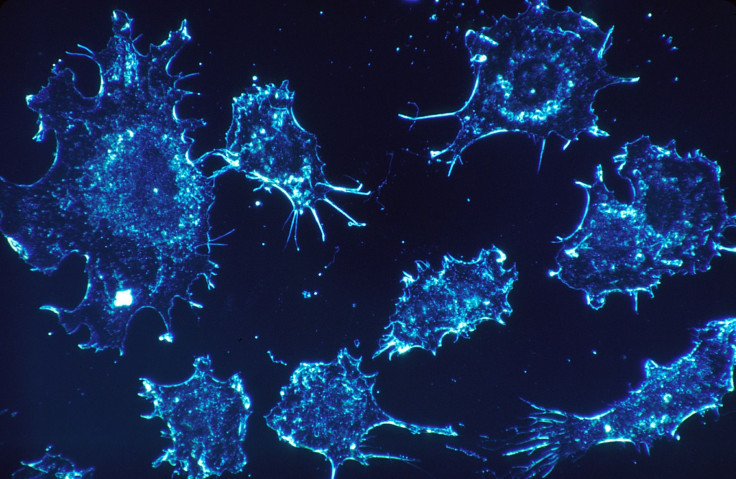Genetic Variants That Make Men 10 Times More Likely To Develop Testicular Cancer Finally Discovered

Though we have already identified four genetic variants that increase a man’s risk of testicular cancer, a new study has found four more genetic variants that also contribute to this risk.
The study, conducted by scientists at The Institute of Cancer Research in London and funded by the Movember Foundation, The Institute of Cancer Research (ICR), and Cancer Research UK, is allegedly the largest to investigate the genetics of testicular germ cell tumours — one of the most common forms of cancer in young men. By using the same techniques that allowed them to find 21 other genetic variants responsible for testicular cancer, the researchers were able to find four other variants that contributed to a 10 times higher risk of developing the disease.
They found the four genetic variants by comparing the DNA of 6,059 patients with testicular cancer to the DNA of 19,094 people without it. According to the study, published in Nature Communications, the effects of most genetic variants on testicular cancer are noticeably higher than those for other cancers like prostate or breast. The researchers “found that men in the top 1 percent for testicular cancer risk were at a more than 10-fold elevated risk of developing the disease compared with the average [man] — although that still adds up to only around a 5 percent (one in 20) chance of developing testicular cancer,” senior researcher Dr. Clare Turnbull said in a press release.
The American Cancer Society estimates that some 8,000 men will be diagnosed with testicular cancer in 2015 — more than 300 will die from the disease. Testicular cancer is actually uncommon, affecting only about one in every 263 men over the course of their lives, with the average age of diagnosis being 33 years old.
There are currently no treatment options that specifically target genetic mutations because standard treatment with platinum-based chemotherapy has a high success rate. Therefore, the application of genetic testing will mostly be for men who are at risk of developing it rather than for those who already have it. Our understanding of these genetic variants, however, has allowed us to better understand testicular cancer as a disease, which could eventually lead to more patient-specific treatment.
"This study provides some evidence that genetic screening in selected groups of men could be a long-term possibility — in particular in first-degree relatives of patients, who we know are at greatly increased risk,” said Professor Paul Workman, chief executive of The Institute of Cancer Research, in the release. “We also need to look at this new genetic information and see if it can direct the discovery of new, more targeted treatments."
Source: Turnbull C, et al. Identification of four new susceptibility loci for testicular germ cell tumour. Nature Communications. 2015.



























